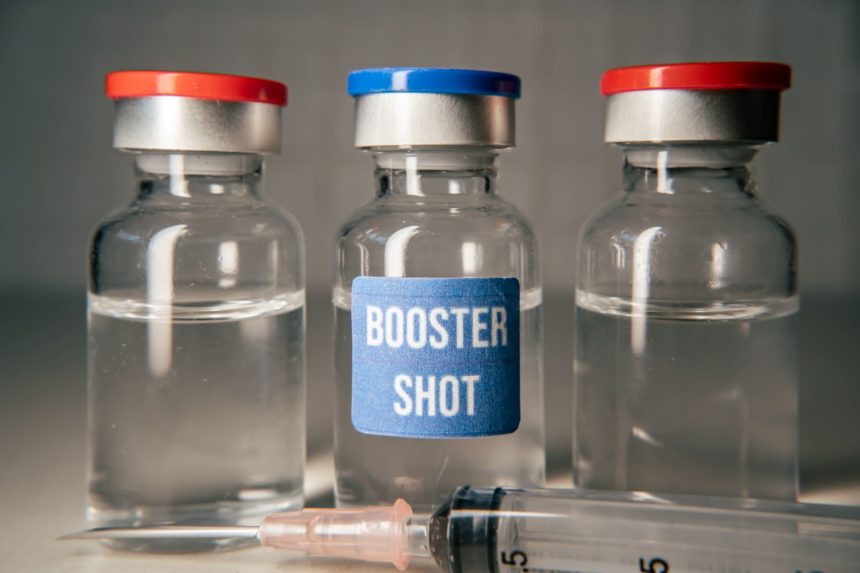
Ensuring steady access to COVID-19 vaccines is crucial to maintaining high vaccination rates among assisted living residents and staff members during the pandemic, suggest the results of a newly published study.
The findings prove timely as senior living operators seek to increase vaccination, especially among staff members, and as booster shots are expected to become available in less than a month.
Investigators studied the Pharmacy Partnership for Long-Term Care Program, an unprecedented public-private partnership that facilitated on-site clinics in assisted living communities and nursing homes nationwide after COVID-19 vaccines first were federally approved in December 2020. The researchers, publishing their results in JAMDA, the Journal of Post-Acute and Long-Term Care Medicine, estimated the vaccine uptake in assisted living communities and other residential care facilities during the program by using data estimates on the cumulative number of doses of COVID-19 vaccine administered and number of beds.
In assisted living communities, a median of 67 residents and 32 staff members per 100 beds received a first dose of COVID-19 vaccine at the first on-site clinic. In other residential care facilities, a median of eight residents and five staff members per 10 beds received a first dose at the first clinic. Among three states with available assisted living resident census data, the median resident first-dose uptake at the first clinic was 93% in Connecticut, 85% in Georgia and 78% in Tennessee, the researchers reported.
Notably, cumulative first-dose vaccine uptake increased as social vulnerability related to housing type and transportation increased, Ruth Link-Gelles, Ph.D., from the Centers for Disease Control and Prevention’s COVID-19 Response Team wrote.
On-site clinics may help increase vaccine uptake, particularly when transportation may be a barrier, Link-Gelles and colleagues concluded.
“Ensuring steady access to COVID-19 vaccine in LTCFs following the conclusion of the Pharmacy Partnership is critical to maintaining high vaccination coverage among residents and staff,” they said.
Booster shots
Although it is clear that the federal pharmacy partnership will not be called back into action to deliver potential COVID-19 booster doses, a CDC panel suggested Monday that it favors a phased approach starting with long-term care residents rather than opening shots up to the general public.
The federal agency’s Advisory Committee on Immunization Practices said that although the top priority should be continued inoculation of unvaccinated people, a booster dose policy should focus on preventing severe disease in at-risk populations, including long-term care residents, other older adults and healthcare workers.
President Biden announced earlier this month his intent to offer booster shots beginning Sept. 20 to all adults eight months after their second dose. Department of Health and Human Services officials at the time said that they also would begin efforts to deliver booster shots directly to residents of long-term care facilities then.
Third doses currently are authorized only for certain immunocompromised populations. The committee indicated Monday that it would meet later to consider boosters for the general population but did not set a date. A Pfizer-BioNTech representative at the ACIP meeting said that data on booster shots for all adults would not be available until the end of September at the earliest.



